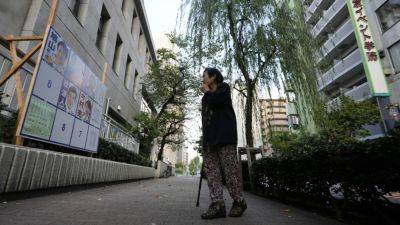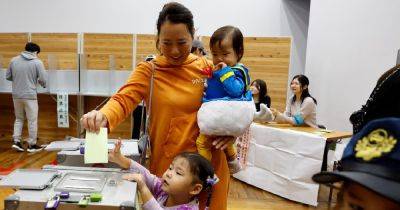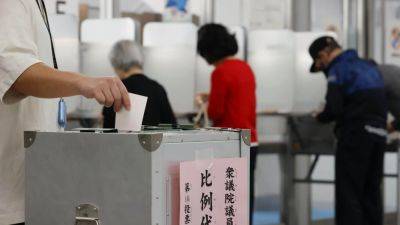For First Time in Decades, Japan Votes in a Knife-Edge Election
Japanese voters are not accustomed to nail-biter elections.
But as the country holds parliamentary elections on Sunday, the party that has governed Japan for all but four years since 1955 is facing the possibility that it could lose its majority in the body’s lower chamber, the House of Representatives.
Just one month after a leadership vote by the conservative Liberal Democratic Party anointed Shigeru Ishiba as the new prime minister, the party entered the election under considerable pressure from a public angered by a long-simmering political finance scandal, rising inflation and the burdens of raising families.
That does not necessarily mean that Japanese voters are ready to hand the government to a divided and enfeebled political opposition, which last won a general election 15 years ago. Analysts said it was likely that the incumbent party would either eke out just enough seats to retain parliamentary power or would be forced to bring on new coalition partners to remain in charge.
“What is most interesting about this election is its uncertainty,” said Masaru Kohno, a political scientist at Waseda University in Tokyo.
Unlike in other countries, where the electorate is divided over ideology and vastly different policy platforms, Japanese voters are frustrated by a sense that all options are uninspiring and that the governing party has grown complacent.
On the eve of the election, Mr. Ishiba stopped at a rally for a Liberal Democratic candidate near the Tokyo Dome, a baseball stadium in the northern part of the city. Acknowledging the instability in his party, he appealed to the undecided voters standing in the crowd of about 500 that had gathered on the edge of a playground.







